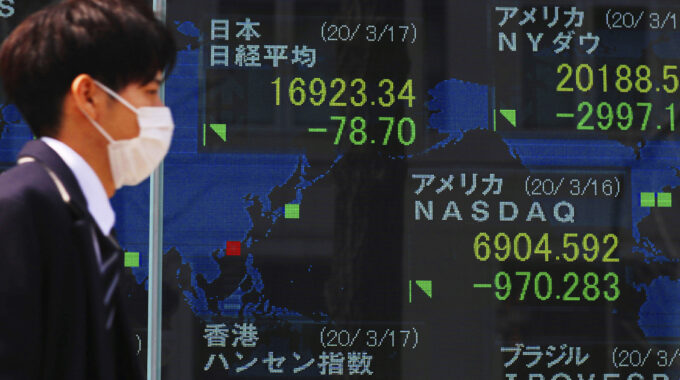
The Effect of Short-Term Earnings on Pollution
Firms usually set specific quarterly and yearly profit objectives. Leaders endure the pressure of attaining the established objective, no matter how ambitious the number might be. In order to fulfill quarterly and yearly profits objectives, leaders may engage in desperate accounting, which is referred to as REM or real earnings management in this Yale Insights article. Companies may reduce prices to boost sales, reduce advertising or R&D expenses, or engage in a variety of other financial manipulations in order to reach or exceed their objectives. Let us find out what this article says about the effect of short-term earnings on pollution.
The effect of short-term earnings on pollution
The article begins by implying that when corporations declare a miss, the market strikes them swiftly and harshly. It has a significant influence on the company’s stock price, causing them to incur a substantial loss. According to the article, short-term accounting may be damaging to corporate stakeholders such as investors and employees. Frank Zhang, an accounting professor at Yale SOM, and Jacob Thomas, the Williams Brothers Professor of Accounting and Finance, thought that the negative effects of real profits management may reach all the way into the physical environment. The examination of data from the EPA’s Dangerous Release Inventory database by the researchers indicated that corporations considerably increase toxic chemical emissions in years when they narrowly meet yearly revenue objectives. This implies that they reduced pollution-control efforts as part of a bigger attempt to shift monies from the expenses column to the earnings column in close-call years. However, when faced with a potential missed profitability target, researchers discovered that the firms most likely to increase pollution were those ranked most ecologically friendly overall. This is due to the high expense of pollution-reduction initiatives such as recycling, energy recovery from waste, and pollutant treatment. Companies must cover staff wages, materials and supplies, energy prices, and other expenses to fund these activities. Of course, if corporations avoid these expenses, their reported earnings are larger. This is the effect of short-term earnings on pollution, the article suggests. The researchers propose a “pollution slack” explanation: organizations with historically superior environmental ratings may have built up some leeway with regulators or in the popular opinion which they may subsequently exploit by polluting more when they feel they need to fulfill a profit objective. The result of the research is that when a corporation is focused on short-term goals, it might skew corporate behavior.
The recognition of the above-mentioned pattern discovered as a consequence of the investigation is critical to its resolution. Companies must be attentive when setting objectives so that the effect of short-term earnings on pollution may be managed successfully.


















